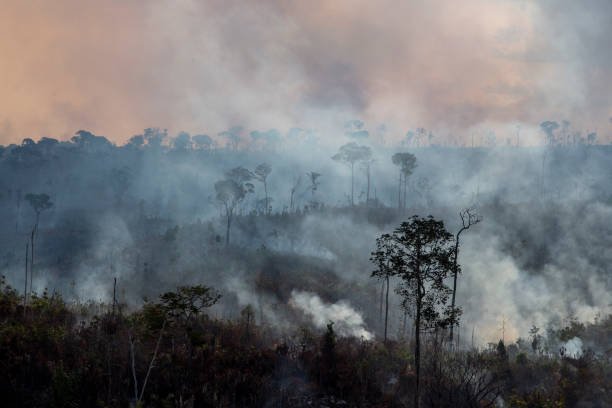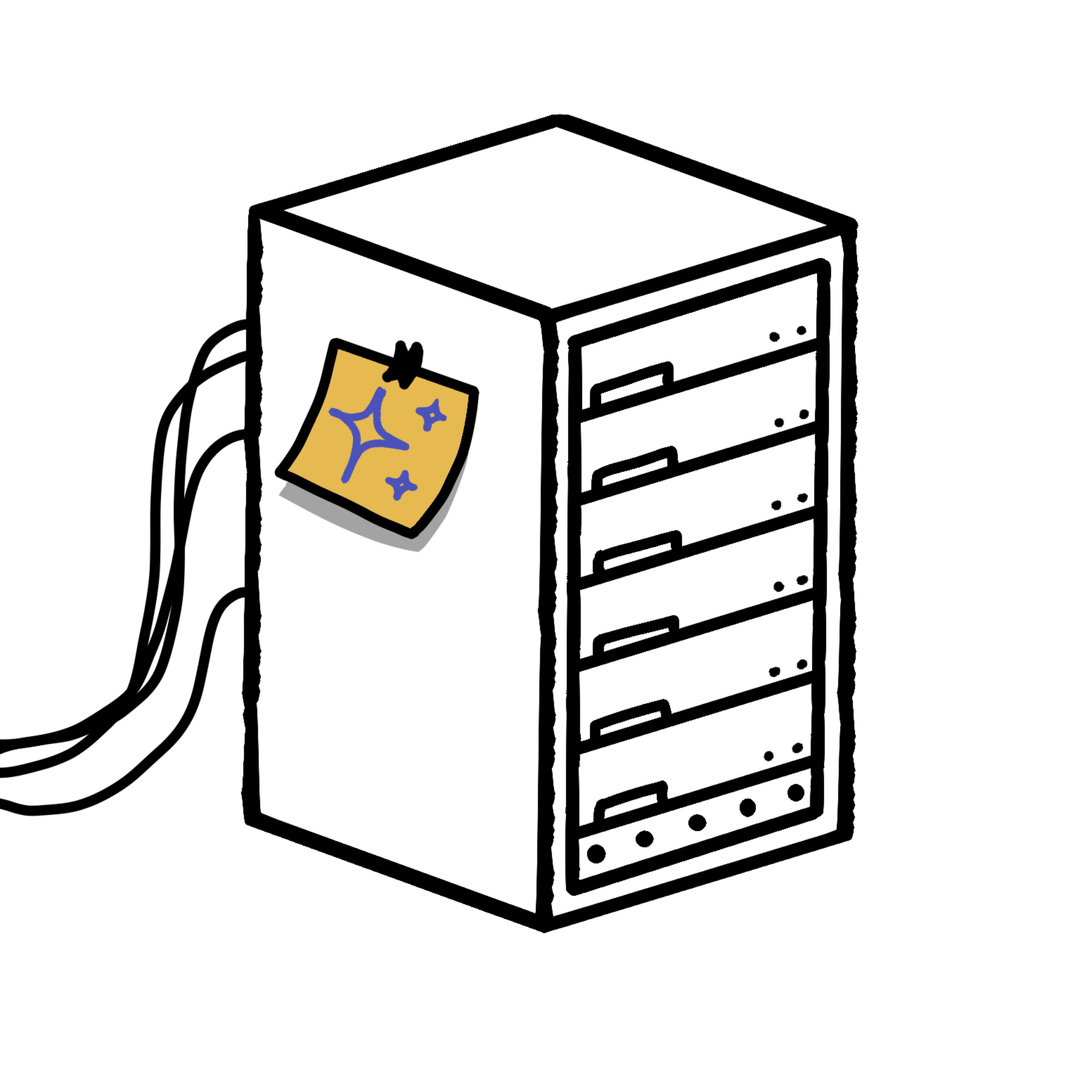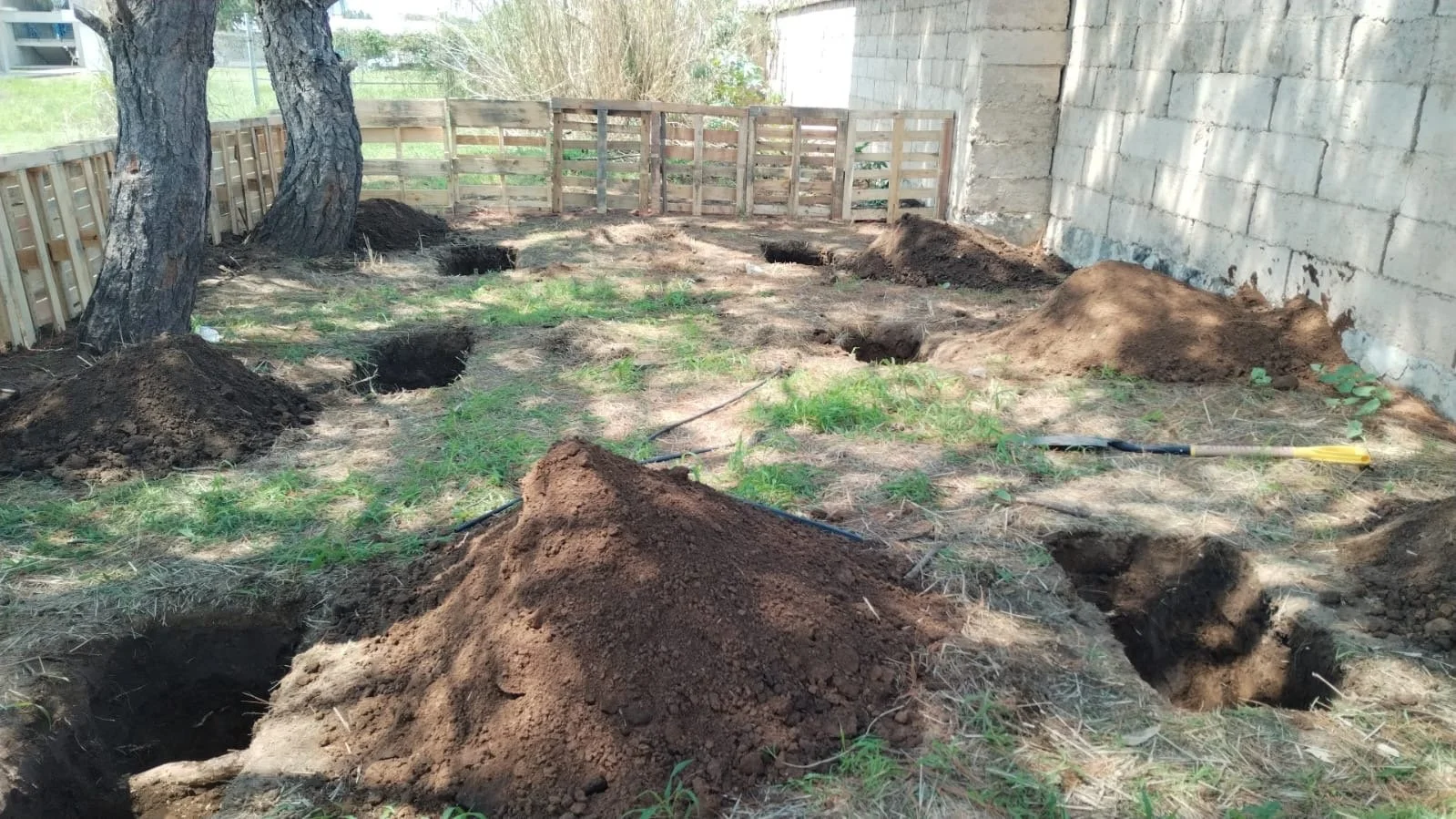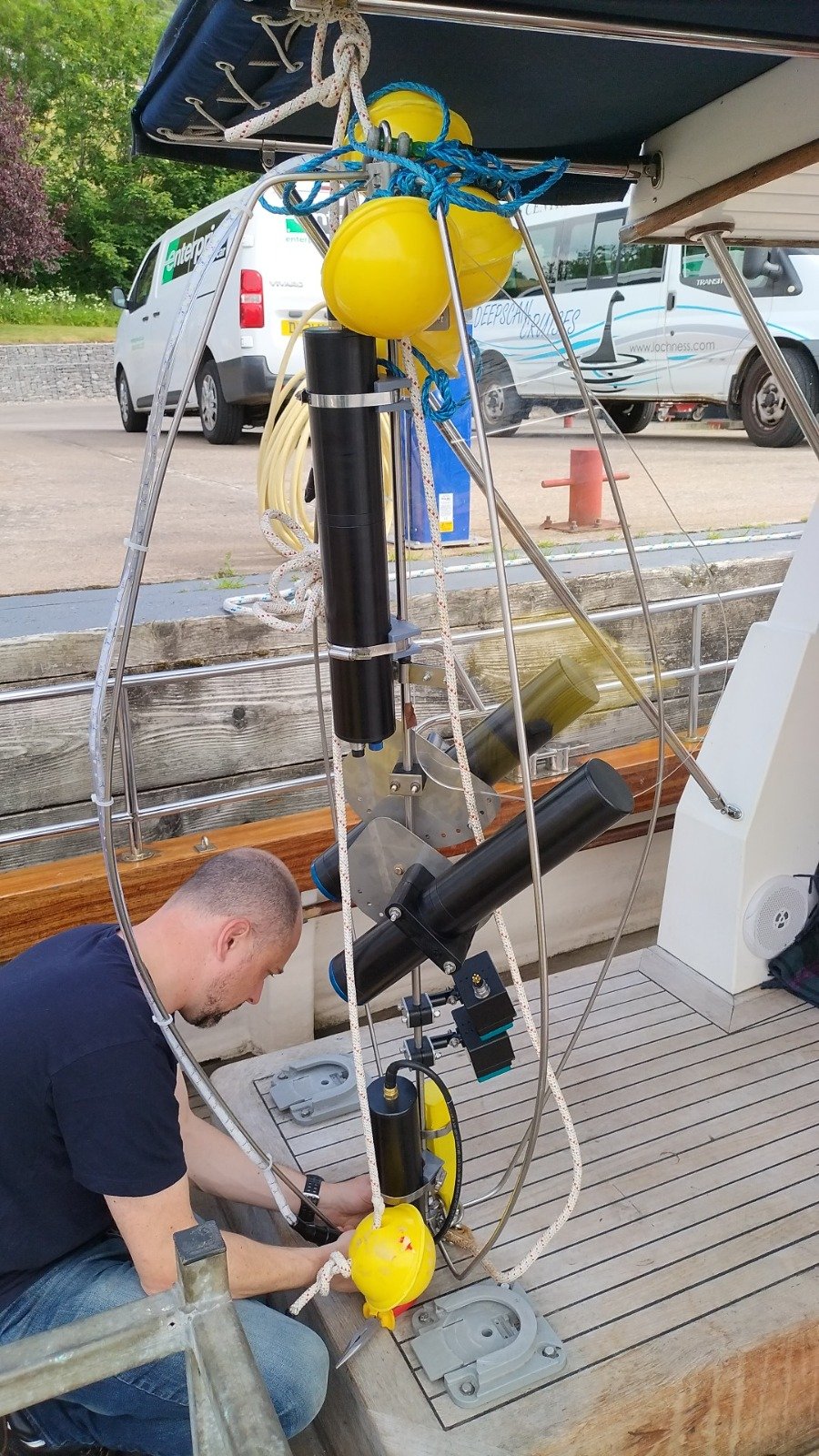Stop the spread

THE QUESTION
Can drones deploy a special nano-biogel fire retardant in Brazil’s forests to stop the spread of wildfires?

LOCATION: Brazil
SECTOR: Nature and Biodiversity
TECH: Biotech, Drones/UAVs
TIMELINE: September 2024 - Present
PIONEER: Laura Moreira
PARTNERS: ArqueaTEC
The Challenge
Wildfires in Brazil are becoming more frequent and intense, posing a growing threat to human health, biodiversity, and economies. A UNEP study identified prolonged droughts, rising temperatures, dry lightning and stronger winds as just some of the exacerbating factors brought about by climate change. Furthermore, annual carbon dioxide emissions from Brazil’s wildfires are equal to those of the European Union.
Traditional firefighting methods, which rely on large amounts of water and chemical retardants, are expensive and often harmful to the environment. There is an urgent need for innovative, eco-friendly, and cost-effective solutions to combat wildfires.
The Idea
This pilot aims to test the deployment of nano-biogel, a fire retardant combining nanoscale materials and biogel technology. This innovative substance is designed to:
Reduce water use: The nanomaterials enhance fire suppression efficiency, requiring less water than traditional methods.
Minimise environmental impact: The biocompatible gel matrix prevents ecological harm, making it safer for forests and wildlife.
To deploy the nano-biogel, drones will fly over fire-prone areas and release the substance, alongside ground-based methods, such as backpack sprayers and tanker trucks.
If successful, this solution could provide a scalable, eco-friendly alternative to traditional firefighting, with the potential to be replicated in wildfire-prone regions worldwide.
Our learnings and stories so far
This pilot hasn’t started to publish yet, but there are plenty of other blogs to read below. Check back soon!
As AI capabilities evolved at breakneck speed, the DevExplorer team rebuilt their tool three times in a single year. This blog reflects on the technical and organisational lessons learned from building an LLM-powered product for international development in a rapidly shifting AI landscape.
We’re looking for a strategic advisor that can help the FOUND pilot, supported by the Frontier Tech Hub, move away from early-stage thinking towards questions of impact, adoption, sustainability and influence.
Around the world, people are looking forward to different celebrations to mark the end of the year. We’ve been counting down the days in December with a list of films to settle down to watch, to remind your brain what’s possible when imagination, innovation and frontier technologies collide.
Despite growing confidence in AI, there’s more appetite than ever to experiment with and learn about it in safe, low-risk ways. Here are three ways we've been intentionally creating space to play with AI.
While AI tools for monitoring forest cover exist already, these solutions are often trained on data that does not apply across other contexts. Our pilot in Tanzania found that impact depends on local skills, institutions, and long-term ownership.
Can banana-fibre paper reduce nematode-related losses in white yam production in northern Ghana? Our two discovery reports outline the promises of a novel nature-based solution and the practical steps towards real-world adoption.
What happens when climate-driven forest fires outpace the capacity of existing fire detection and response mechanisms? Our pilot in Pakistan looked at how AI can enable early-warning systems for forest fires. Read the findings here.
Tackling the illegal wildlife trade is made harder by the limited tools to accurately identify species and determine their origin. Our MinION pilot in Colombia looked at portable DNA sequencing for better wildlife protection.
Gaps in WASH asset data mean that broken water points often go undetected, disproportionately affecting remote and marginalised communities. This pilot looked at how AI-assisted validation could strengthen oversight and ensure WASH infrastructure issues are addressed before they escalate.
Rapid digitisation of local health systems risks leaving behind those most in need of services. This report examines how practical digital features can improve visibility of vulnerable patients and support more equitable outreach.
Each month we take one global critical challenge and explore what’s happening on the frontier of innovation. This month we're On the Frontier of Biodiversity Data.
Driven by the rise of AI tools and the explosion of the global datasphere, governments are facing a rapid shift in how data is created and used. This blog examines the new skills and organisational changes needed for governments to use AI for data analysis responsibly and effectively.
The tiny tweaks, big-time losses and moments that lead to better solutions for those who need them most.
Explore related pilots
Curious about how frontier technologies are providing support for nature and biodiversity efforts? Read below to find out about our other pilots in these sectors. 👇🏽
Can open data systems help smallholder farmers prove they’re following deforestation rules and stay in global supply chains?
Can we gather better data on insect biodiversity with the help of sensing technologies and AI?
Can drones deploy a special nano-biogel fire retardant in Brazil’s forests to stop the spread of wildfires?
Can low-cost, easy-to-deploy deep sea cameras enable low-to-middle income countries to explore the deep-sea?
Can DNA forensics help authorities tackle illegal wildlife trade in Colombia?
Can an AI-enabled fire detection system prevent wildfires through machine-learning and quickly notify authorities when a fire is detected?
Can a digital platform improve the bivalve (oysters & mussels) market in coastal communities in Mozambique whilst improving livelihoods and promoting conservation?
The Frontier Tech Hub works with UK Foreign, Commonwealth and Development Office (FCDO) staff and global partners to understand the potential for innovative tech in the development context, and then test and scale their ideas.






















From Tanzania and the Sahel to Ukraine, Mexico, and Southeast Asia, this new cohort reflects a drive to design and harness tools for the fragile systems, low-connectivity environments, and real institutional constraints that need innovative solutions more than ever.